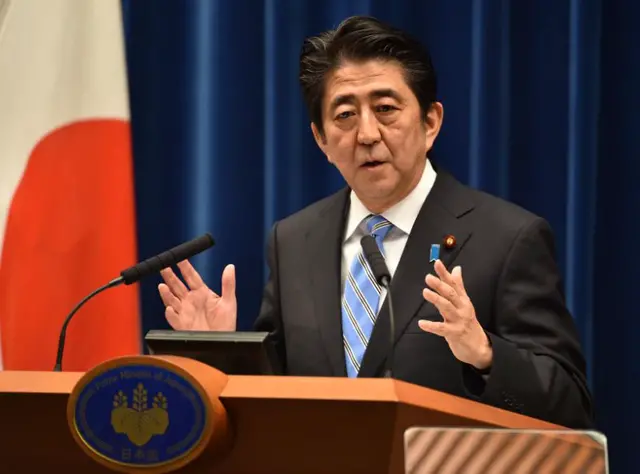South Korea's central government debts hit an all-time high in August as it increased fiscal expenditure to boost the sluggish economy, a government report showed Tuesday.
Khaw said that it was not the time yet to re-examine property cooling measures, local daily Straits Times reported on Tuesday.
The minister said in a blog post and on a Mandarin television news program on Monday that there will be 25 percent fewer build- to-order flats next year. Build-to-order flats are the main type of public housing projects that see construction begin based on a certain level of confirmed demand for the units.
The government decided to slow the supply further after studying the application rates for such flats.
Singapore government significantly ramped up supplies of public housing units between 2011 and 2013 in a bid to tame the rising property prices. It also put in place several rounds of cooling measures since the prices started to rebound in 2009. The supply of public housing units slowed by 10 percent this year to 22,400 units as the housing prices stabilized.
Khaw said that there will be some 16,000 new public housing units next year.
"This should be sufficient to meet demand, without causing a glut in the public housing market," he said.
Married couples and their parents will get more help to live close together when buying new public housing flats, he added.
Khaw said that, for the private property market, the government has been reducing land sales for executive condominiums and private condominiums.
"This year, we made a small adjustment of reduction. Next year, we will go a bit further," he said, adding that exact figures have yet to be finalized.
About 80 percent of the population in Singapore live in public housing flats, which are built by the government and sold to local resident household buyers based on the principle of one unit for each household. The market for apartments and other types of properties developed by private developers are typically more expensive and account for about a smaller part of the property markets in Singapore.
 简体中文
简体中文

